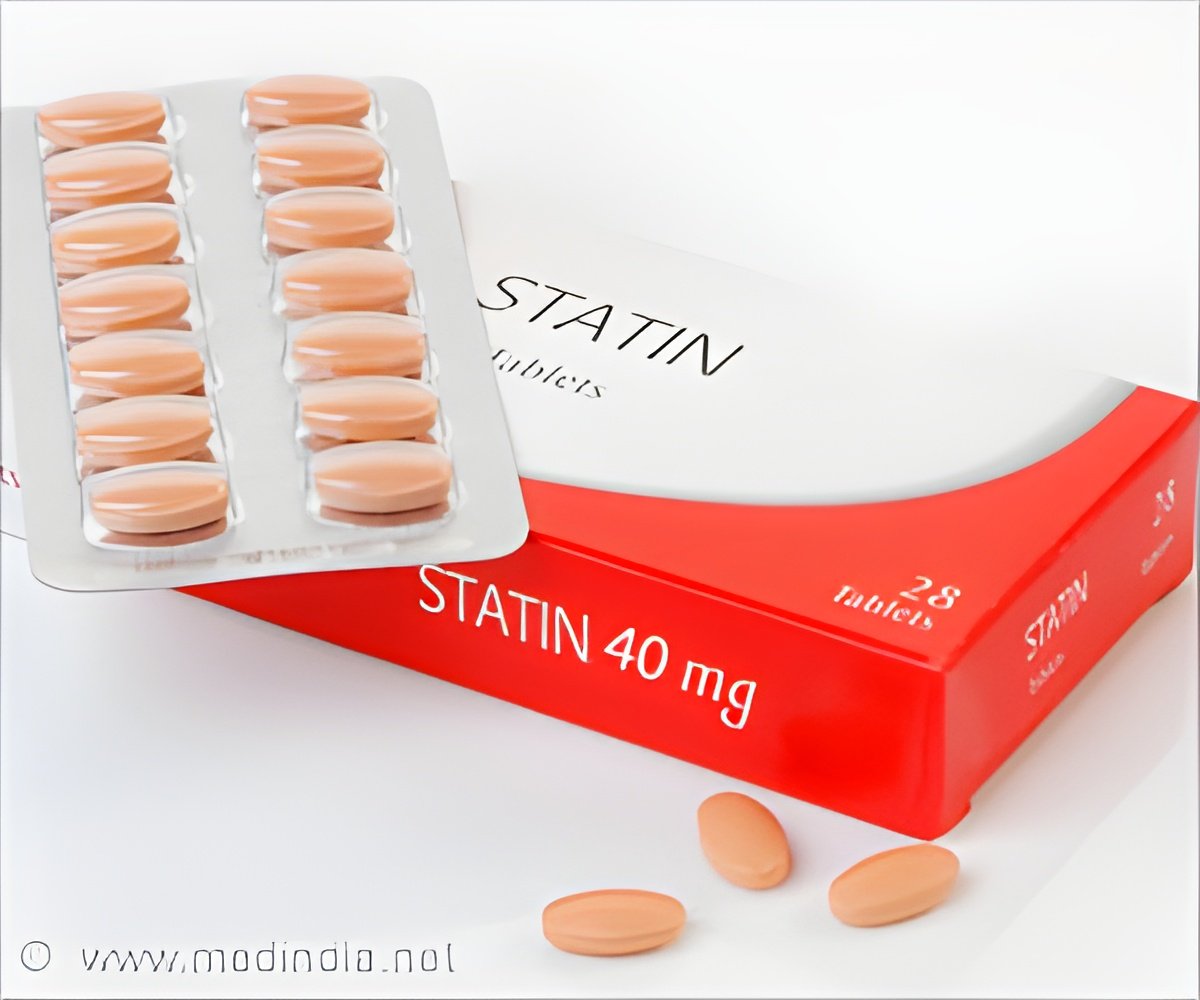Statin therapy used to treat high cholesterol levels and thereby reduce the incidence of heart disease is associated with a slight increased risk for diabetes.

A person’s risk for heart disease can be estimated using risk calculators, and the patient can be accordingly treated with statins. However, there are reports that the American College of Cardiology and American Heart Association (ACC/AHA) risk calculator may over-estimate the risk of heart disease. This may result in more number of people taking statins, while not all may actually require them.
Side effects of statin therapy include muscle damage, liver injury and subsequent kidney damage, and neurological side effects like confusion and forgetfulness. Liver injury is currently rated as rare by the FDA and therefore the patient may not require regular monitoring for this side effect. Testing for liver enzymes is advised just before starting the statin medication and may be repeated only if required. Muscle pain is seen mainly with lovastatin. Memory loss is reversible on stopping the medication.
A more recent side effect that has been noted is an increased risk of statin-related diabetes. Statins may be associated with the development of diabetes, as shown in studies in patients taking statins for 6 to 7 years. Though the exact mechanism is not known, the suggested mechanisms for the appearance of diabetes in these patients are:
- Statins cause the pancreatic cells to take up more cholesterol, which affects insulin production and secretion. Lack of insulin increases blood glucose levels thereby causing diabetes.
- Statins may cause insulin resistance. Insulin resistance means that insulin is present in the body, but the cells are unable to utilize it to take in glucose. This causes blood glucose levels to rise, and diabetes.
A proper assessment of the patient before prescribing these drugs may help to select the patients who would benefit most with the medication, while suffering from minimal side effects. Patients at a high risk of heart disease are most likely to experience the benefits of these medications, irrespective of the risk of diabetes. Those at a low risk could possibly avoid statins and opt for lifestyle changes like a healthy diet and regular exercise.
References:
1. http://www.fda.gov/ForConsumers/ConsumerUpdates/ucm293330.htmSource-Medindia















